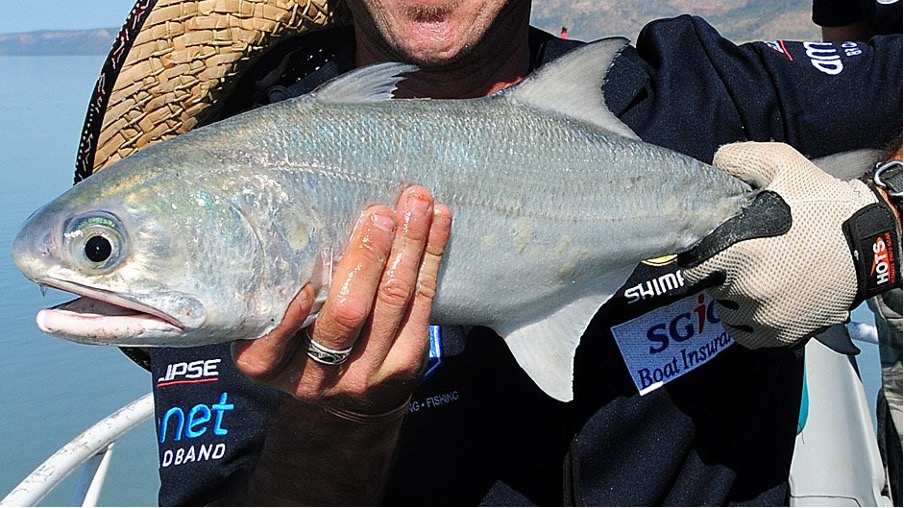An equipment failure at the Sustainable Blue land-based salmon farm in Nova Scotia resulted in the loss of 100,000 Atlantic salmon valued at $5 million earlier this month, the company confirmed on Tuesday. The incident occurred when a filter responsible for removing carbon dioxide from holding tanks experienced a “structural collapse” on November 4, rendering the facility unable to supply customers until June 2024.
Sustainable Blue’s land-based salmon farm, the only one in North America with zero waste discharge, utilizes a proprietary water filtration system that continuously recirculates water on-site. The malfunction occurred in the newest production building at the Sustainable Blue complex in Centre Burlington, Hants County, near the Minas Basin.
While fish inside five other buildings remained unaffected, the malfunction led to a 20% loss in production. The affected salmon, weighing between four and eight kilograms each, were market-ready. CEO Kirk Havercroft described the incident as a setback but expressed confidence in recovering from it. The cause of the equipment failure, specifically the carbon dioxide stripper, is currently under investigation.
The failed equipment plays a crucial role in the water filtration system, eliminating carbon dioxide released by fish. The company produces 1,000 metric tonnes of salmon annually and anticipates repairing the issue and resuming operations by early March 2024.
Havercroft emphasized that the failure was a construction issue and not a technology performance problem. While the company has insurance, the extent of coverage remains unclear. Sustainable Blue has received substantial support from the federal government, with approximately $3.5 million in funding provided since 2006. Despite the setback, Havercroft expressed optimism about the viability of the land-based salmon farm and its potential recovery.

